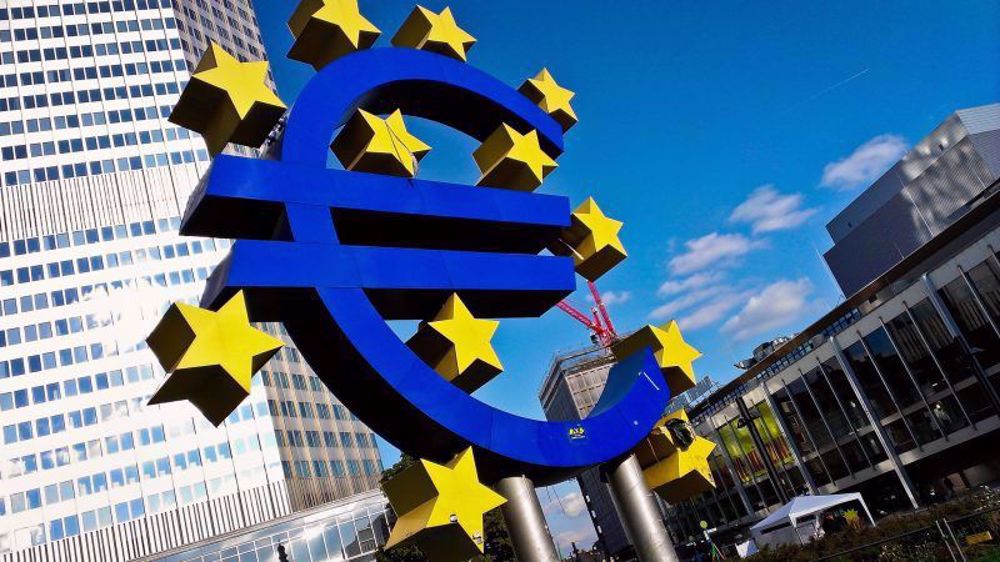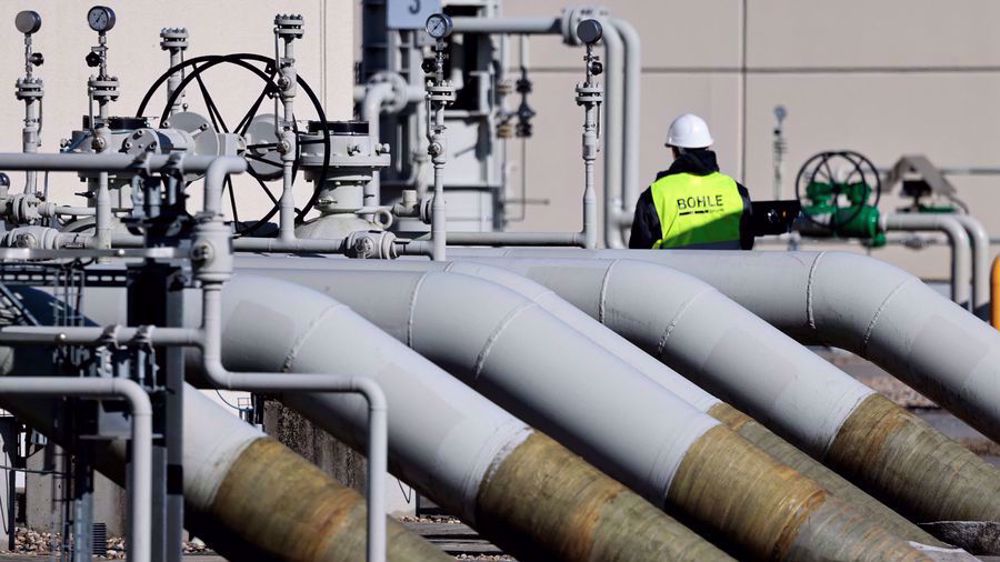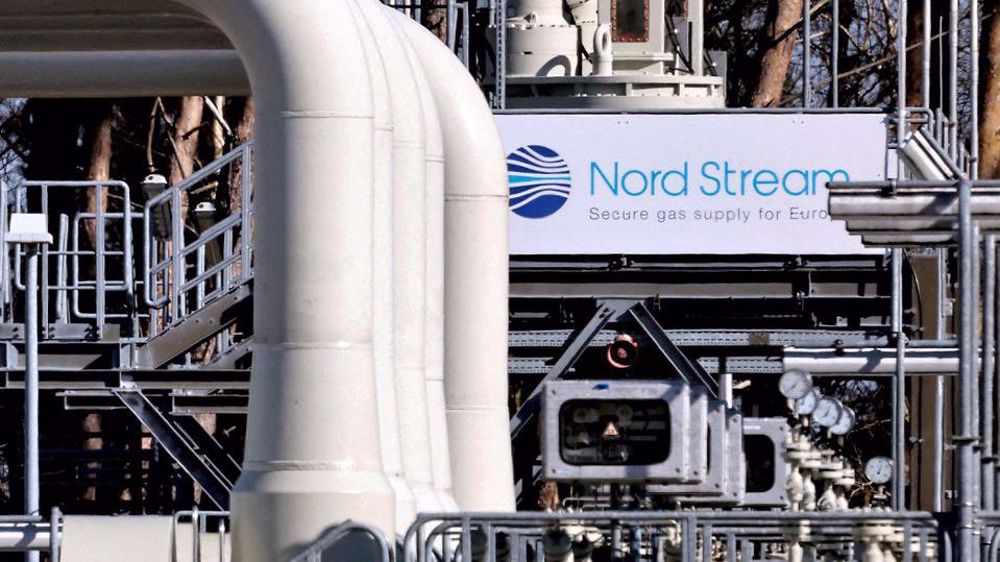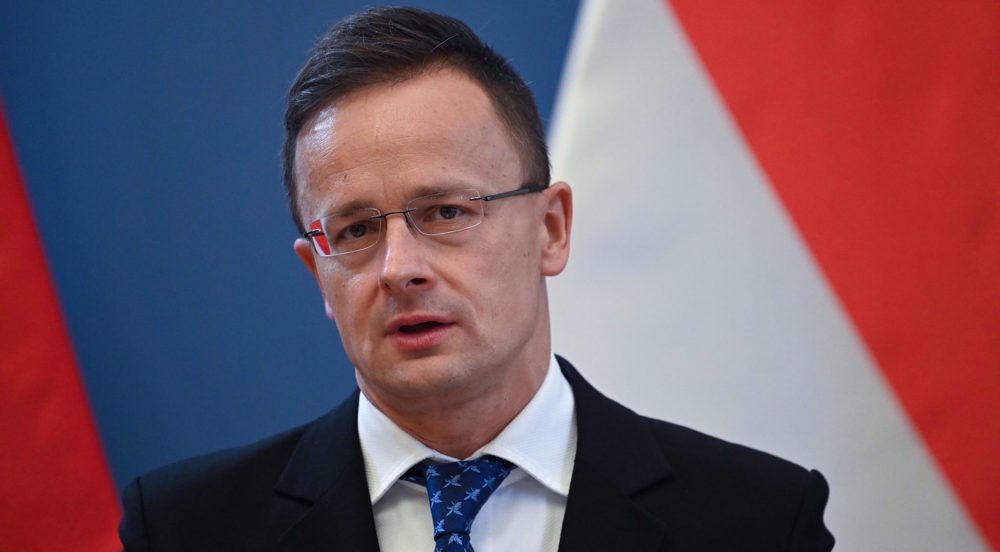Eurozone inflation hits another record amid soaring energy prices
The annual inflation rate for the eurozone's 19-strong countries have hit an all-time high amid soaring energy prices fueled by the war in Ukraine.
The figure for August stood at 9.1 percent, up from 8.9 percent in July, the European Union's statistics agency Eurostat reported on Wednesday.
The rate is the highest since 1997, when record-keeping for the euro began.
Eurostat's figures also showed that energy prices surged 38.3% across the eurozone, while food prices spiked at a faster pace of 10.6%.
Inflation in Britain, Denmark, and Norway, which have their own currencies, is also surging.
Russia has tightened its energy exports to the countries across the rest of the continent that have imposed sanctions on Moscow over its February-present military operation in Ukraine.
Tweeting on Sunday, the European Union’s foreign policy chief said the bloc’s members had to brace themselves for a “triple crisis.”
“Financial, Energy, Food [crises] is going to affect all of us. We will need to be prepared to take action to address it,” Josep Borrell wrote in the tweet.
“We must step up our capacity to address more than one crisis at the time,” he also noted.
Reacting to Borrell’s tweet, however, Russia’s Permanent Representative to International Organizations in Vienna, Mikhail Ulyanov, rejected any part by Russia in the emergence of the multi-pronged crisis.
“The “triple crisis” seems to be man-made to a large extent and the “man” guilty for that isn’t Russia,” the envoy tweeted.
“It’s easy to blame Russia for their own mistakes in the economic field, but this doesn’t help identify real roots of the current problems and find optimal ways to overcome them,” he added.
Russia downs over 40 Ukrainian drones as Putin vows 'destruction' on Kiev
VIDEO | Yemen: A bone in Israeli neck
D-8’s role in Iran’s economy after Cairo summit
China slams US as ‘war-addicted’ threat to global security
China ‘firmly opposes’ US military aid to Taiwan
VIDEO | Press TV's News Headlines
President Yoon Suk Yeol to be removed from office
At least 19 Gazans killed by Israeli airstrikes since dawn: Medics













 This makes it easy to access the Press TV website
This makes it easy to access the Press TV website